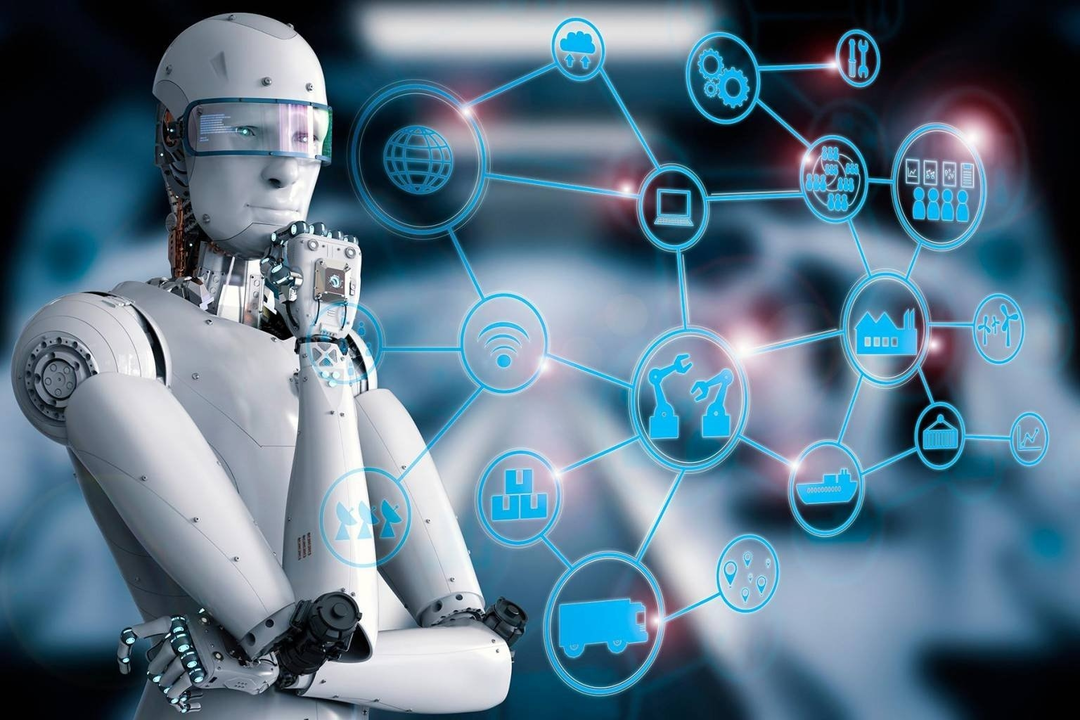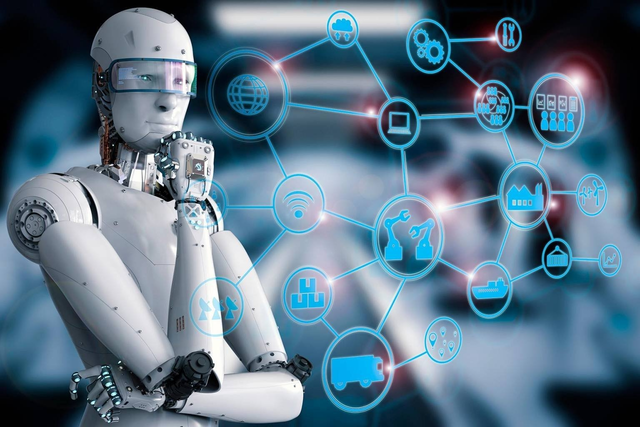What is advanced artificial intelligence?
Introduction to Advanced Artificial Intelligence
Advanced Artificial Intelligence, or AI, has become a popular topic of discussion in recent years. As technology continues to evolve, the capabilities of AI have grown exponentially, and its potential applications span across a wide range of industries. In this article, we will explore the concept of advanced AI, its various aspects, and its potential impact on our lives.
Understanding the Basics of Artificial Intelligence
Before diving into advanced AI, it's essential to understand the basics of artificial intelligence. AI refers to the development of computer systems that can perform tasks that would typically require human intelligence. This can include problem-solving, speech recognition, learning, and decision-making capabilities. AI can be categorized into two types: Narrow AI and General AI.
Narrow AI, also known as weak AI, is designed to perform specific tasks, such as voice assistants like Siri and Alexa, or recommendation algorithms on platforms like Netflix and Amazon. General AI, on the other hand, is a more advanced concept that refers to computer systems capable of understanding and learning any intellectual task that a human being can do. This is where advanced AI comes into play.
Exploring Advanced AI: Machine Learning and Deep Learning
Advanced AI is primarily driven by two key concepts: machine learning and deep learning. Machine learning is a subset of AI that focuses on the development of algorithms that can learn patterns in data and make predictions or decisions based on that data. This enables machines to improve their performance over time without being explicitly programmed to do so.
Deep learning, a more advanced form of machine learning, involves the use of artificial neural networks to process large amounts of data. These neural networks are designed to mimic the way the human brain processes information, allowing machines to learn and make decisions in a more human-like manner.
The Power of Natural Language Processing
Natural Language Processing (NLP) is another crucial aspect of advanced AI. NLP focuses on enabling computers to understand, interpret, and generate human language. This technology is responsible for the development of AI-powered chatbots, virtual assistants, and translation tools, among other applications.
By harnessing the power of NLP, advanced AI systems can communicate with humans more effectively and understand the nuances of human language. This opens up a wide range of potential applications, from customer support to content creation and beyond.
Image and Video Recognition Capabilities
Advanced AI technologies have made significant strides in the field of image and video recognition. These systems can now accurately identify objects, people, and even emotions within images and videos, making them incredibly valuable tools for various industries.
From security and surveillance to healthcare and entertainment, image and video recognition technologies powered by advanced AI are transforming the way we interact with the world around us.
Advanced AI in Robotics
Robotics is another area where advanced AI is making a significant impact. As AI technologies continue to improve, robots are becoming more intelligent, adaptable, and capable of performing complex tasks independently. This has led to the development of robots that can interact with humans and their environments in more sophisticated ways.
From self-driving cars to robots that can perform surgery, advanced AI is revolutionizing the field of robotics and the potential applications are seemingly endless.
Ethical Considerations in Advanced AI
As advanced AI technologies continue to progress, ethical concerns surrounding their development and implementation have become increasingly important. Issues such as data privacy, job displacement, and the potential misuse of AI technology must be carefully considered and addressed.
Furthermore, as AI systems become more autonomous, questions surrounding accountability and responsibility become more complex. It's crucial that developers, policymakers, and society as a whole work together to ensure that advanced AI is developed and used responsibly and ethically.
The Future of Advanced AI
The potential applications and implications of advanced AI are vast and still largely unknown. As technology continues to advance at a rapid pace, we can expect AI to become more integrated into our daily lives, transforming the way we live, work, and interact with one another.
From healthcare and education to transportation and entertainment, the possibilities for advanced AI are endless, and its impact on society is sure to be profound.
Conclusion
Advanced AI is an exciting and rapidly evolving field with the potential to transform our lives in countless ways. As we continue to explore the capabilities of artificial intelligence, it's crucial that we remain mindful of the ethical implications and work together to ensure that this technology is used for the betterment of society. The future of advanced AI is undoubtedly bright, and its potential impact is something that we should all be excited about.






